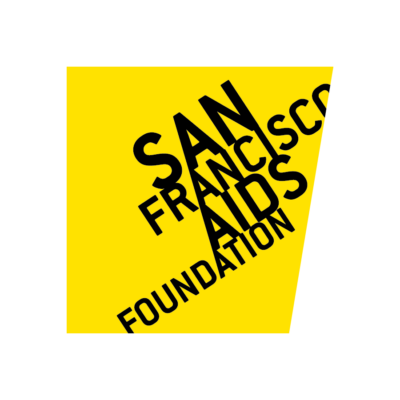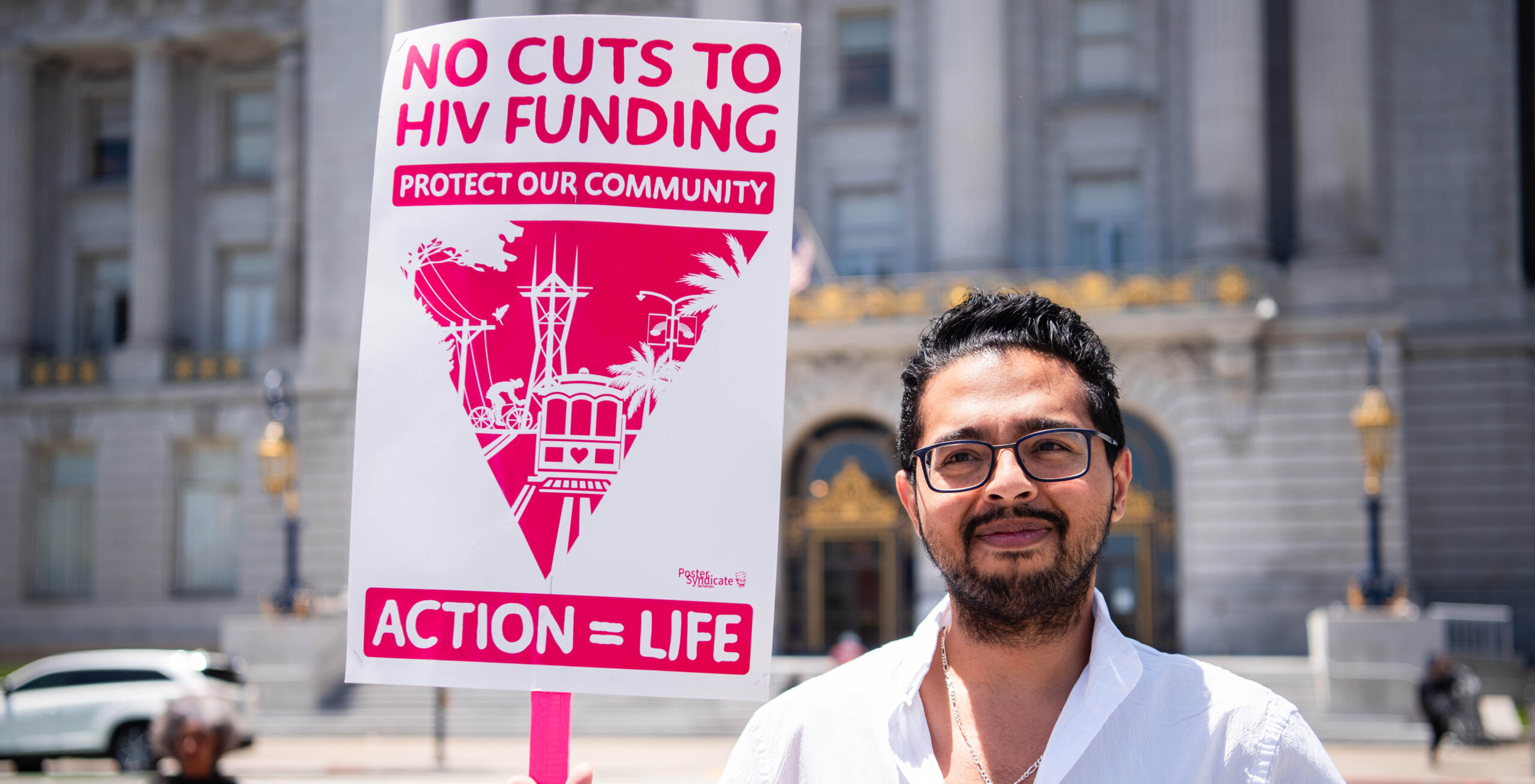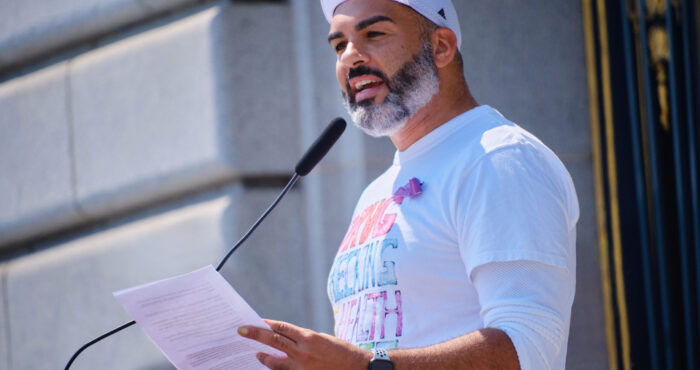California 2019 Policy & Budget Priorities

As the California legislative and budget season begins, we get to dig into the bills and budget proposals that may impact our communities—and plan how we’ll show up to support them. Below, you’ll find a quick list of proposed California legislation and budget proposals related to preventing HIV, hepatitis C, and STDs, expanding access to healthcare for the undocumented community and protecting sex worker rights that we’ll be fighting for in the coming months.
Policy Priorities
AB 362 – Overdose Prevention Site
Allow San Francisco to open an overdose prevention site and save lives by preventing overdose and the transmission of HIV and hepatitis C. View the legislative summary (PDF).
SB 159 – Expand Access to PrEP and PEP
Allow pharmacists to provide PrEP & PEP without a prescription to prevent HIV transmission. View the legislative summary (PDF).
AB 4 & SB 29 – Health4All (PDF)
Increase access to healthcare by removing citizenship requirements from Medi-Cal and allowing undocumented people in our communities to access Medi-Cal. View the fact sheet (PDF).
SB 233 – Sex Worker Rights
Prevent law enforcement harassment of sex workers and ensure that the possession of condoms aren’t used to criminalize sex workers. View the legislative summary (PDF).
Budget Priorities
$60 million – Prevention & Treatment for HIV, HCV & STDs
Expand access to services and treatment for people living with and at risk of HIV & people who use drugs. View our coalition’s letter.
$2 million – End the Epidemics Task Force
Establish a state-level task force to develop an integrated plan to end the HIV, hepatitis C and STD epidemics. View our consensus statement.
Get involved and find out about additional advocacy opportunities by joining our HIV Advocacy Network. Text SFAF to 52886 to join the HIV Advocacy Network.










